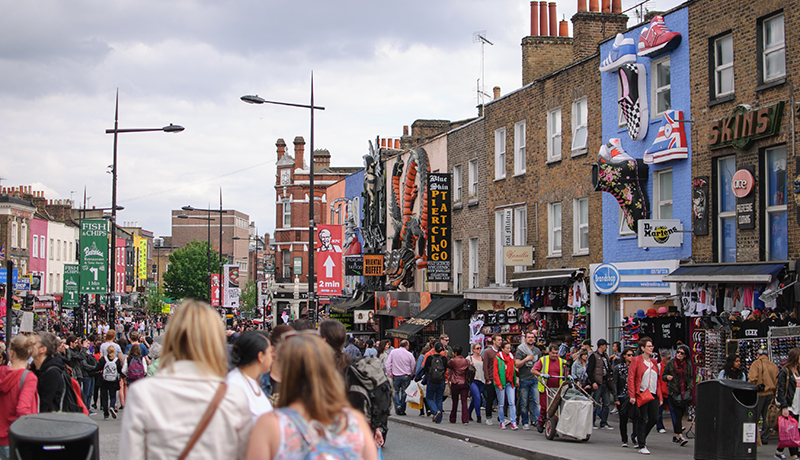 Camden is renowned for its mixed ethnic community
Camden is renowned for its mixed ethnic community
Frankly, some of how they have been treated has been wrong – has been appalling – and I am sorry.
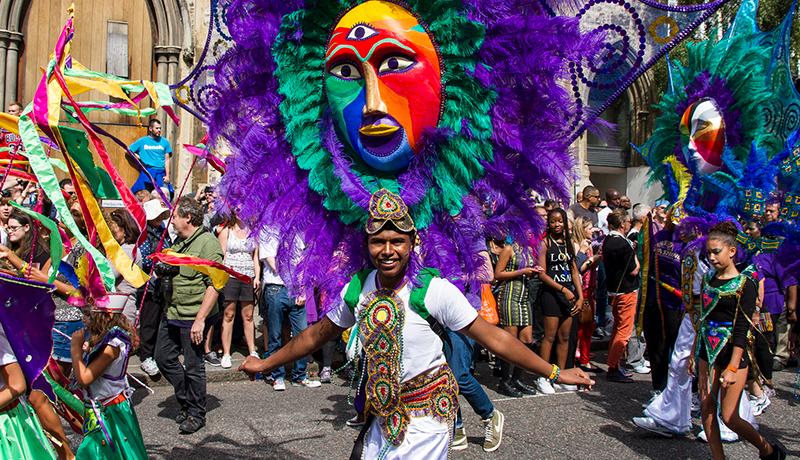 Notting Hill Carnival has taken place in London since 1966 and is a multi-cultural celebration
Notting Hill Carnival has taken place in London since 1966 and is a multi-cultural celebration
Gradually removing rights
A hostile environment
Citizens of other European countries, who arrived in the UK under conditions of free movement and created lives in the country under the reasonable supposition that they could stay forever, were told that their future was uncertain in the wake of the referendum about whether to leave the EU.
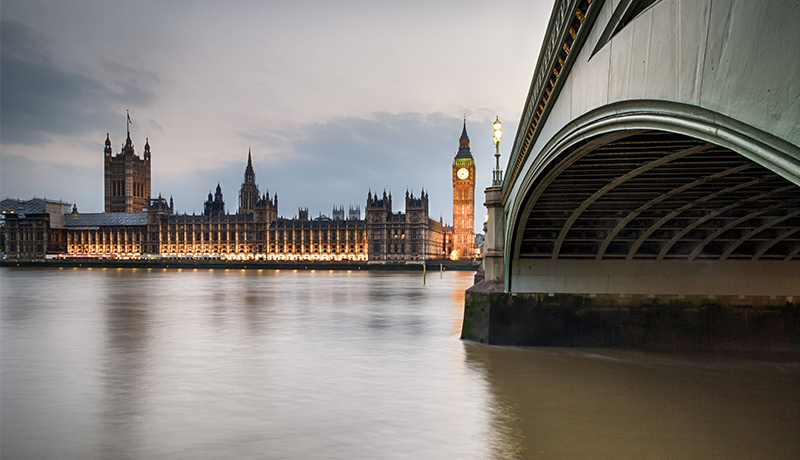 The Houses of Parliament from the River Thames
The Houses of Parliament from the River Thames
![]()
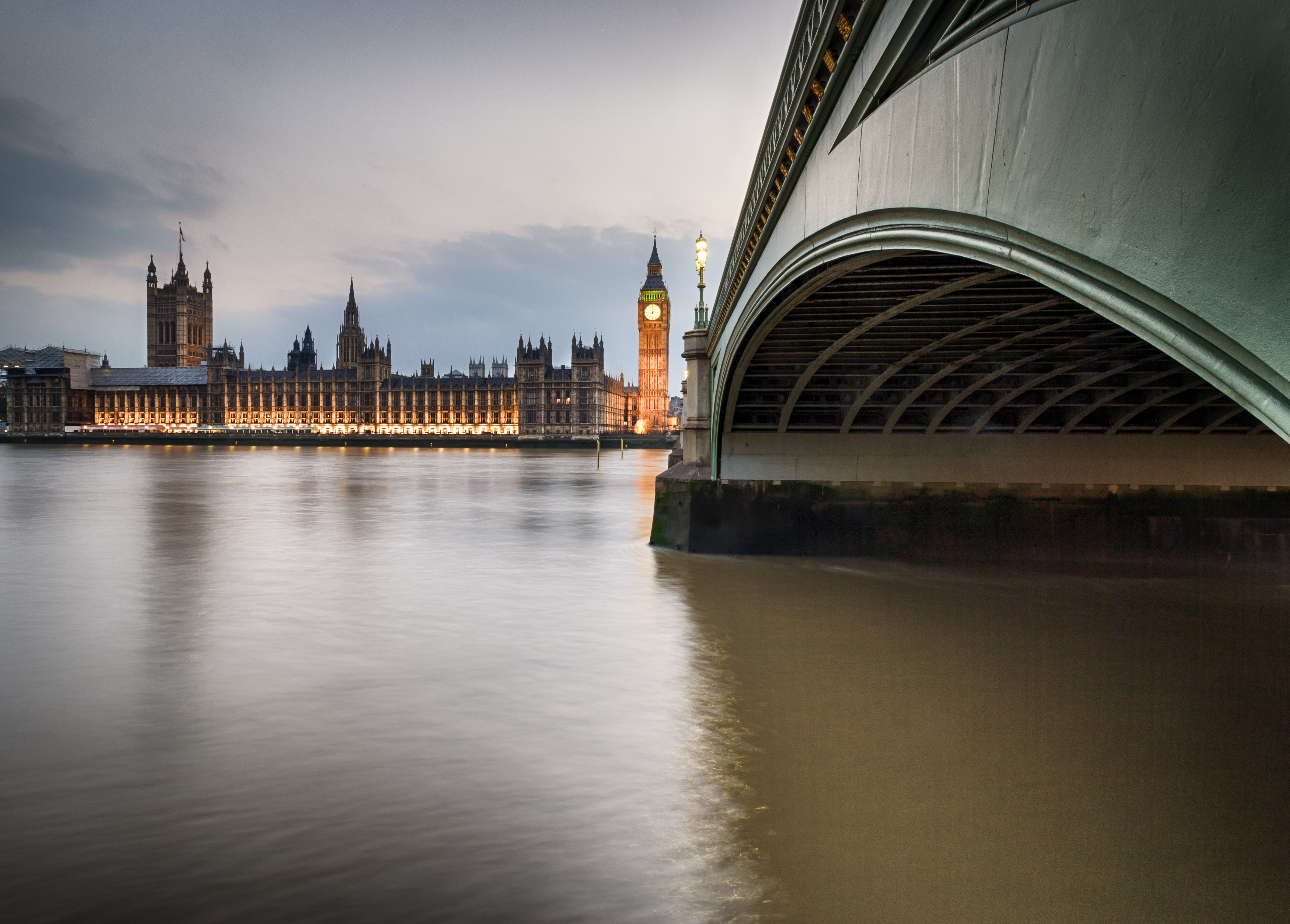
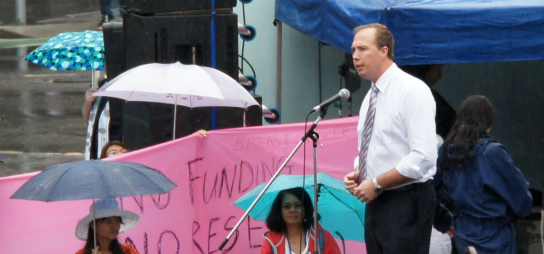
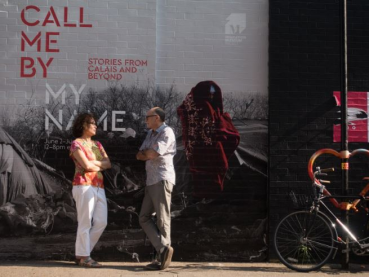
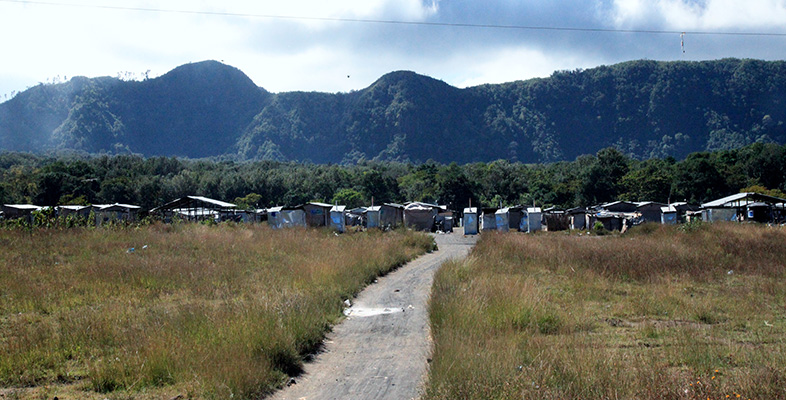
Rate and Review
Rate this article
Review this article
Log into OpenLearn to leave reviews and join in the conversation.
Article reviews